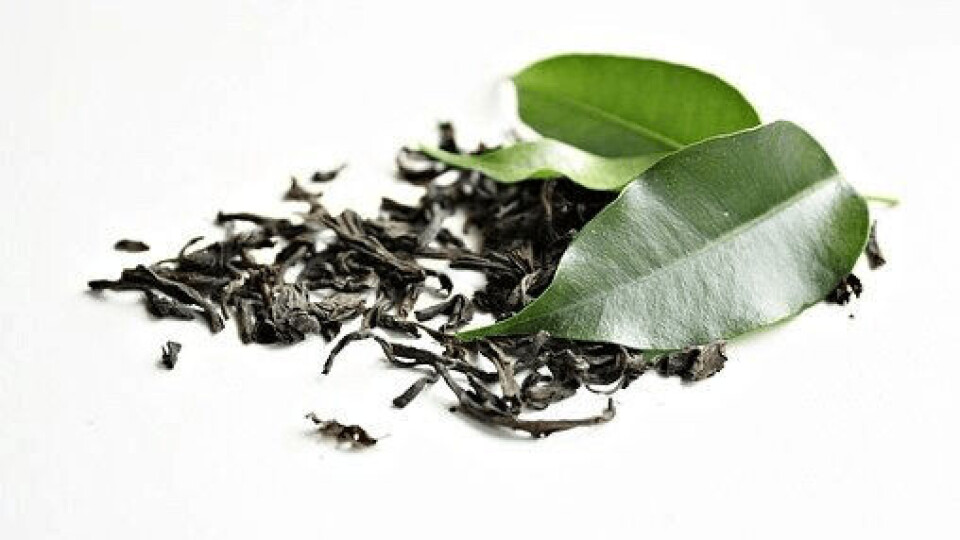
Edible film made with tea extends salmon shelf-life
Researchers in Portugal have created a biodegradable and edible film based on a whey protein concentrate and green tea, which managed to extend the shelf life of salmon for up to 14 days.
Lipid oxidation and microbial growth are the main factors responsible for the loss of quality and the reduction of the shelf life of food.
The scientists created a biodegradable and edible film based on a whey protein concentrate (WPC) and green tea (GTE), which they used to delay lipid oxidation in fresh salmon samples and thus evaluate its useful life at a temperature of 5ºC.
Lipid oxidation
In the experiment, they stored samples of fresh Atlantic salmon fillet coated with the film for 17 days, comparing samples only with a WPC film and others with the WPC + GTE film.
To evaluate and measure the level of lipid oxidation, they applied four different methods (peroxide index, p-anisidine index, TBARS and hexanal monitoring).
The values obtained with these methods allowed them to conclude that the film was effective in delaying lipid oxidation of fresh salmon samples compared to the control film (WPC).
“The film was effective in delaying the oxidation of lipids from fresh salmon samples until day 14 of storage,” the researchers said in their results.
Evaluations needed
Also, they added that its development “can be applied to separate pieces of salmon or to wrap steaks. The advantage of this packaging is the fact that it can also be consumed with the food product”.
Despite their results, the researchers stated that microbiological and sensory evaluations are needed for possible commercialisation.
Read the full article entitled “The Contribution of a Whey Protein Film Incorporated with Green Tea Extract to Minimize the Lipid Oxidation of Salmon (Salmo salar L.)” here.























































